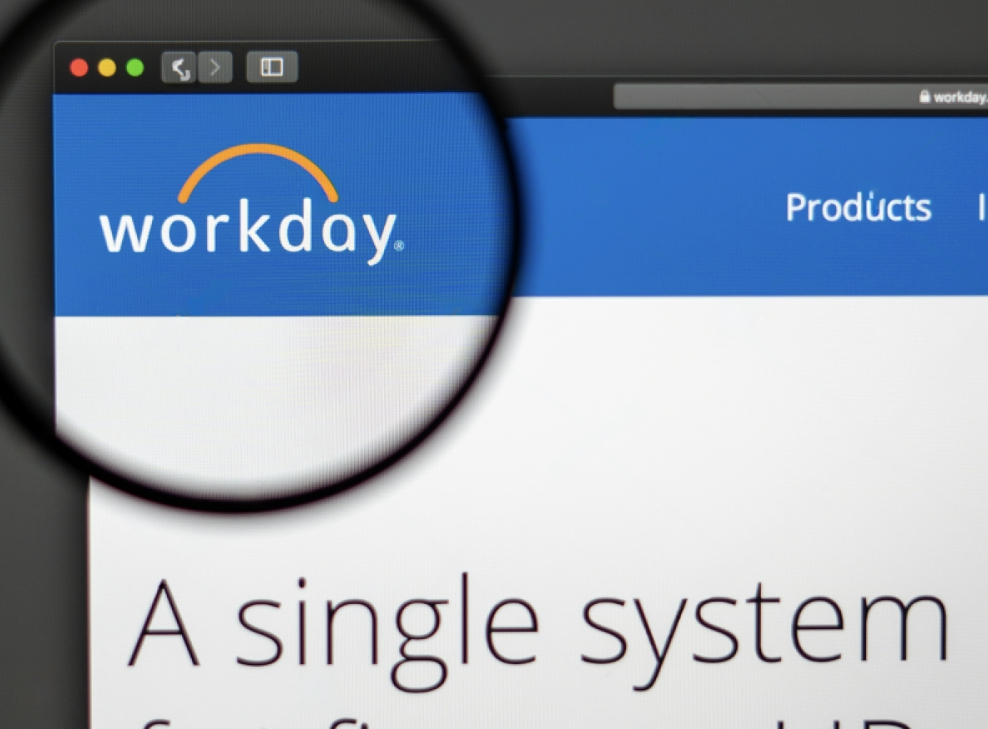Are you aware that implementing Workday in companies is a complex task? According to a survey by the Project Management Institute (PMI) over 34% of project failures are due to scope creep.
How do you overcome this? Enter a Workday Consultant. They are experts in configuring Workday modules according to client requirements, identifying technical issues, and providing post-implementation support.
But why is a Workday Consultant essential for businesses? With their expertise in Workday modules, they can offer efficient and optimized configurations. They also reduce implementation time and cost and guarantee improved post-implementation support.
They are necessary for companies that want to streamline and optimize their HR processes. Without them, Workday implementation can be overwhelming and challenging for businesses.
So, keep reading to find out more about the skills, responsibilities, and challenges that come with being a Workday Consultant.
Skills Required for a Workday Consultant

Being a Workday Consultant isn’t an easy task – it requires specific skills and expertise. One of the essential skills is having expertise in Workday modules.
The Consultant needs to be fully proficient in all Workday modules, including but not limited to Human Capital Management, Payroll, Time Tracking, and Recruiting.
Having analytical and problem-solving skills are equally important. Consultants must be able to analyze the client’s business processes and requirements and provide effective solutions using Workday functionalities. This includes identifying system issues, testing solutions, and implementing them in the Workday system.
Client management skills are also a must-have. Workday consultants must be able to communicate and collaborate effectively with clients to understand their business needs, work within the project’s scope, and ensure that the solutions provided match the client’s requirements.
Finally, communication skills are crucial for the success of any Workday Consultant. Consultants interact with clients, stakeholders, and cross-functional teams daily. They need to communicate clearly in both written and verbal formats. They also need to expertly communicate project requirements and technical specifications.
In addition, Workday Consultants need to have fine-tuned presentation skills to demonstrate solutions to clients and conduct end-user training.
It’s not an easy task, but Workday Consultants with these skills can help organizations achieve their strategic goals.
Responsibilities of a Workday Consultant
As a Workday Consultant, your role encompasses several key responsibilities:
Configuring Workday Modules
One of your primary tasks is to customize and configure Workday modules based on the client’s specific requirements. This involves understanding their business needs and adapting the system accordingly.
Understanding Workday Technology Stack
To effectively perform your duties, you must deeply understand the Workday technology stack and be well-versed in the Workday data model.
Troubleshooting Technical Issues
Identifying and resolving technical issues that may arise during the implementation process is a crucial aspect of your role. You must possess strong analytical skills and the ability to troubleshoot complex problems promptly.
Collaboration with Stakeholders
Working closely with internal teams and client stakeholders is integral to your job. By engaging with stakeholders and gathering feedback, you ensure the implementation focuses on client needs and resolves any issues.
Training End-Users
Providing comprehensive training to end-users is another significant responsibility. Effective communication skills are essential for delivering training sessions and working closely with users to understand their training requirements.
Post-Implementation Support
Ensuring the system continues to function properly after implementation is critical. You must be capable of diagnosing issues accurately and applying appropriate fixes promptly, utilizing your strong problem-solving skills.
Challenges Faced by a Workday Consultant

Being a Workday Consultant may sound like a glamorous job title, but it comes with its fair share of challenges.
Poor Documentation
Workday is a very adaptable product, which is fantastic for businesses. However, the complexity of a system increases as more customizations are added.
Your organization may soon encounter frustrating roadblocks that make it difficult for staff to use the product efficiently without adequate documentation to clearly grasp your present or proposed Workday processes.
Keeping Up with the Constant Updates to the Platform
Another challenge is keeping up with the constant updates to the Workday platform. Workday frequently releases new features and functionalities, which can take time to get accustomed to. Workday Consultants must stay up-to-date with these updates to provide the best possible service to their clients.
Dealing with Diverse Client Requirements
Dealing with diverse client requirements is a given for any consultant, but it’s particularly challenging in the Workday world. Workday Consultants often deal with clients from different industries and countries with unique requirements and expectations.
Balancing all these demands while maintaining open communication and fostering a healthy work relationship can be tricky.
Working on Multiple Projects
It’s also common for Workday Consultants to juggle competing priorities and tight deadlines. They often have to work on multiple projects simultaneously, each with its timelines and deliverables. It can be incredibly stressful, and Workday Consultants must stay organized and ensure that they don’t drop the ball on any of their projects.
Benefits of Hiring a Workday Consultant
Now you may be wondering if hiring a Workday consultant is worth it. However, the advantages they bring to businesses are numerous.
- Expertise in Workday Modules: Workday consultants possess deep knowledge and expertise in various Workday modules. They can help businesses leverage the software’s full potential, leading to improved productivity and efficiency.
- Reduced Implementation Time and Cost: By engaging a consultant, businesses can avoid costly mistakes and ensure their Workday implementation is completed within the specified time and budget.
- Efficient and Optimized Workday Configurations: Consultants can assist businesses in optimizing their Workday configurations, tailoring the system to their specific needs. This optimization increases efficiency and provides users with a better overall experience.
- Improved Post-Implementation Support and Issue Resolution: Workday consultants provide businesses with enhanced post-implementation support. They work closely with the organization to quickly identify and resolve any issues that may arise, minimizing downtime and keeping operations running smoothly.
Conclusion
In short, a Workday Consultant is crucial in configuring and managing the Workday system for businesses. Their expertise, analytical and problem-solving skills, client management, and communication abilities help ensure a seamless implementation journey for clients.
Despite some challenges, such as keeping up with constant Workday updates and meeting diverse client requirements, the benefits of hiring a Workday Consultant far outweigh any obstacles. Reduced implementation time and cost, efficient and optimized Workday configurations, and improved post-implementation support and issue resolution are just a few of the advantages.
Consider investing in a Workday Consultant to optimize your business processes and stay ahead of the competition.





